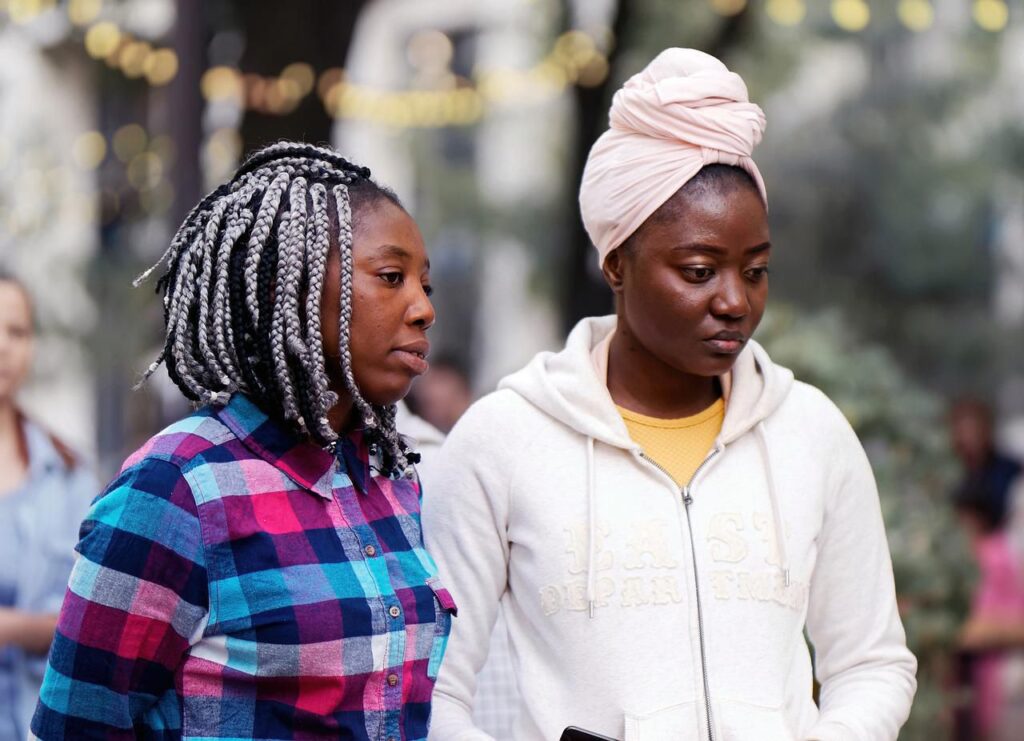
The fight for the visibility of communities of color is making great strides in the redistricting in Mississippi, where the Republican Party is dominant and hinders the voting power of these communities.
And despite the great challenges faced by these communities and their activists, Mississippi being one of the states with the highest percentage of African-American population in the United States, they have managed to open the way for visibility through different actions, since for so long the maps have not been representative of these communities because the distribution has largely favored the interests of the white majority.
In the context of this phenomenon, experts and activists met at a press conference organized by Ethnic Media Services to discuss the actions that have been taken to achieve better representation and the importance of making these communities visible.
